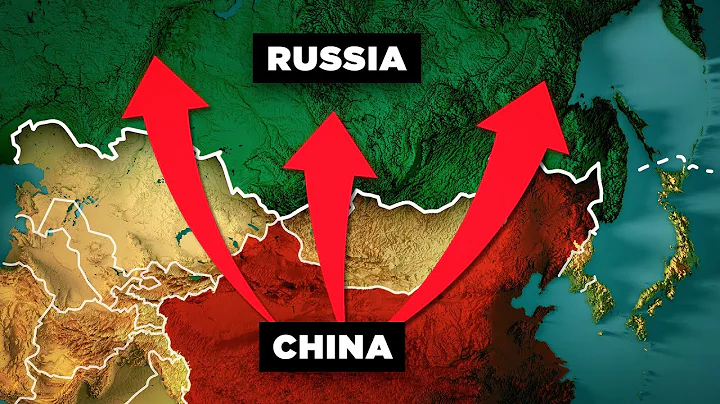China’s two indivisible territories, Tan Sitong and Kang Youwei suggested: Sell to Britain and Tsarist Russia
Although China has a long history of thousands of years, the territory area is also constantly changing, but Chinese dynasties will be The frontier sent a large number of soldiers to guard the border. Although some dynasties collapsed due to internal and external difficulties, their adherence to the border reflects the dignity of the entire dynasty.

As history came to the 19th century, at this time the Qing Dynasty that ruled China was gradually declining, and as the national strength declined, internal and external troubles also followed. First, Aguba led his army to invade Xinjiang, and then British forces began to infiltrate Tibet, vainly trying to take Tibet in one fell swoop while the Qing Dynasty was at a loss. At this time, on the borders of China, the rising Japanese Empire began to watch Taiwan and the Ryukyu Islands. It can be said that the Qing dynasty at this time was already in a precarious state, and a large building was about to emerge. Although, with the assistance of Tsarist Russia, he defeated the invading Akoub in Xinjiang in one fell swoop, but the wolf was taken away and the tiger was brought in. Most of Xinjiang was occupied by Tsarist Russia. Faced with this predicament, the Qing court began intense discussions. stand up.

finally formed the "Haitian Faction" represented by Li Hongzhang, and the "Sydney Defence Faction" represented by Zuo Zongtang. The two parties can be said to be mutually exclusive. In the end, the emperor had no choice but to adopt a two-way approach. While seeking to win Xinjiang and Tibet, he vigorously developed various naval forces to prevent the Japanese navy from intruding.
In the end, Zuo Zongtang led the elite of the Qing army to Xinjiang to fight against the Russian army. On the southeast coast, due to the backwardness of armaments, the Qing court could only exchange 500,000 taels of silver for Japan to withdraw the coastal fleet. This also laid the blame for the subsequent Sino-Japanese naval battle. This time Japan not only knew that the Qing Dynasty’s maritime affairs were weak, but the entire court did not want to go to war in Japan. Japan could make even greater concessions because of the threat of the Qing government.

At this time, the United Kingdom is constantly infiltrating China's Tibet, Yunnan and other places, trying to bring the two places into the sphere of influence of the United Kingdom, and use this as a stronghold. A large number of assets from the hinterland of the Qing Dynasty were looted to the British colonies. Britain forced the Qing government to sign the "Yantai Treaty" in 1876, and the signing of this treaty made Britain enter Tibet as if it had entered no man’s land. If it were not for the hard-line resistance of Tibetan soldiers, it would be richer than Tibet buried underground. All minerals will be looted by the British. Although Tibet is temporarily stable due to the resistance of Tibetan soldiers, it is still dangerous.

After all, the Qing government at this time has no extra money to support a border war. In order to solve this dilemma, the Qing court had no choice but to make constant compromises with the aggressors, hoping to obtain temporary peace at the borders through this method. Seeing that the Qing Dynasty was about to die out, as Qing Dynasty progressives, Kang Youwei, Tan Si and others, launched the famous "Reconstruction Movement", and in order to promote the Reform Movement to the whole country, Kang Youwei and Tan Sitong suggested that the Qing emperors sell Tibet and Xinjiang. Only by giving the United Kingdom and Tsarist Russia in exchange for money to promote the New Deal, and to pay the war compensation after the defeat of the Sino-Japanese War, can the country have the opportunity to get back on track to strengthen itself.

Although the Qing Dynasty was dead end, but it was very important to the ancestor's inheritance, and believed that no matter how far it reached, the ancestor's foundation could not be sold to the barbarians. History has also proved this point, and the Qing Dynasty is still remarkable in this respect. Although Xinjiang and Tibet were barren at that time, there were countless mineral deposits buried underground. If they were accidentally sold to Britain and Russia at that time, these precious treasures would not belong to China. What is more important than these is Xinjiang. As a national territory, Tibet is related to the dignity of the entire country, and Xinjiang and Tibet are important gateways for China's northwest defense. If these two areas are lost, the entire hinterland of China will always be seriously threatened.
Britain and Tsarist Russia coveted Chinese territory, but the Qing Dynasty was helpless, Tan Sitong and Kang Youwei: sold





















